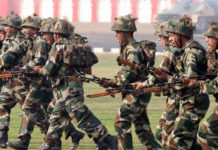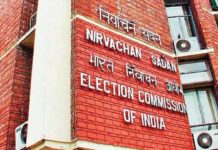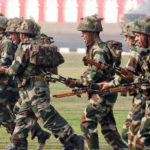 TOPIC – Law and liberty
TOPIC – Law and liberty
“Bail for Varavara Rao is welcome. Tougher questions must be asked when accused are in custody for extended periods of time”
The Bombay High Court decision to grant conditional bail to Varavara Rao, an accused in the Elgar Parishad case, is welcome, even if it seems belated. The 82-year-old poet-activist has been in judicial custody awaiting trial since August 2018. He has been hospitalised for various ailments — he also contracted COVID-19 while in jail in July — and his family had pleaded for bail citing his ill health. An NIA court earlier denied interim bail but the HC has accepted Rao’s submission that invoked Article 21 of the Constitution to press his right to health. As the Supreme Court has said several times, bail must be the norm and jail the exception. Dishearteningly, this principle is not being faithfully or consistently upheld. In Rao’s case, the HC pointed out that the NIA court was yet to frame the charges and nobody was in a position to tell within how much time the trial would be completed. The court observed: “The question is as to whether they (under trials) can be forced to live a subhuman existence behind bars only because they stand accused of serious offences.” The HC has insisted on stringent bail conditions, including prohibiting Rao, a resident of Hyderabad, from leaving Mumbai: “We feel that although the material on record does show that the health condition of the undertrial is precarious, sending the undertrial back to where he belongs, is fraught with the risk of his presence being used by those allegedly associated with him to seek to revive the nefarious activities.” The disquieting fact is that cases such as this one seem to confirm a pattern, wherein the courts are seen to be weighing excessively in favour of the state, especially when draconian legal provisions are invoked against the individual, who may be protesting or expressing dissent. In recent times, all too often, the courts have been seen to take the government’s claims at face value, when charges are pressed under exceptional laws such as UAPA and sedition, where the judicial bar must be set especially high. The courts need to ask tougher questions to agencies that seek to keep the accused in custody for extended periods of time pending trial. Justice D Y Chandrachud’s soaring defence of bail in the Arnab Goswami case in November last year could serve as a guide: “Our courts must ensure that they continue to remain the first line of defence against deprivation of the liberty of citizens. Deprivation of liberty even for a single day is one day too many.”
















